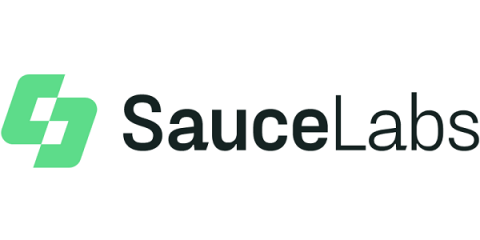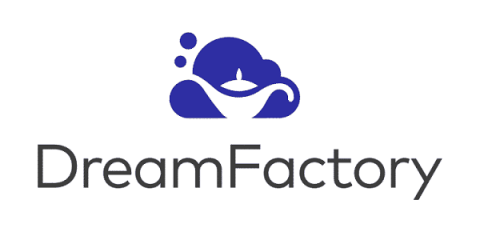HBase Clusters Data Synchronization with HashTable/SyncTable tool
Replication (covered in this previous blog article) has been released for a while and is among the most used features of Apache HBase. Having clusters replicating data with different peers is a very common deployment, whether as a DR strategy or simply as a seamless way of replicating data between production/staging/development environments.










